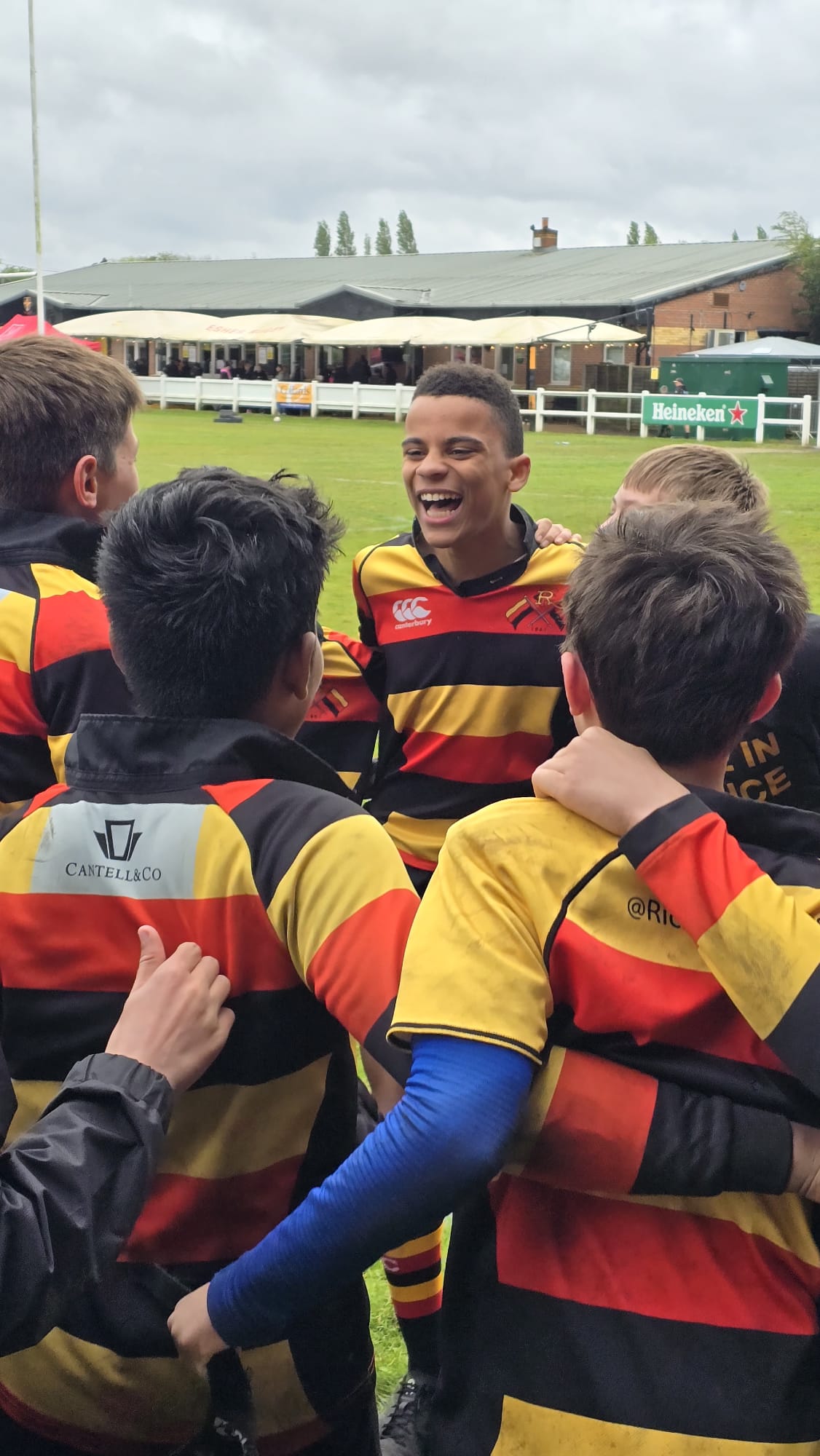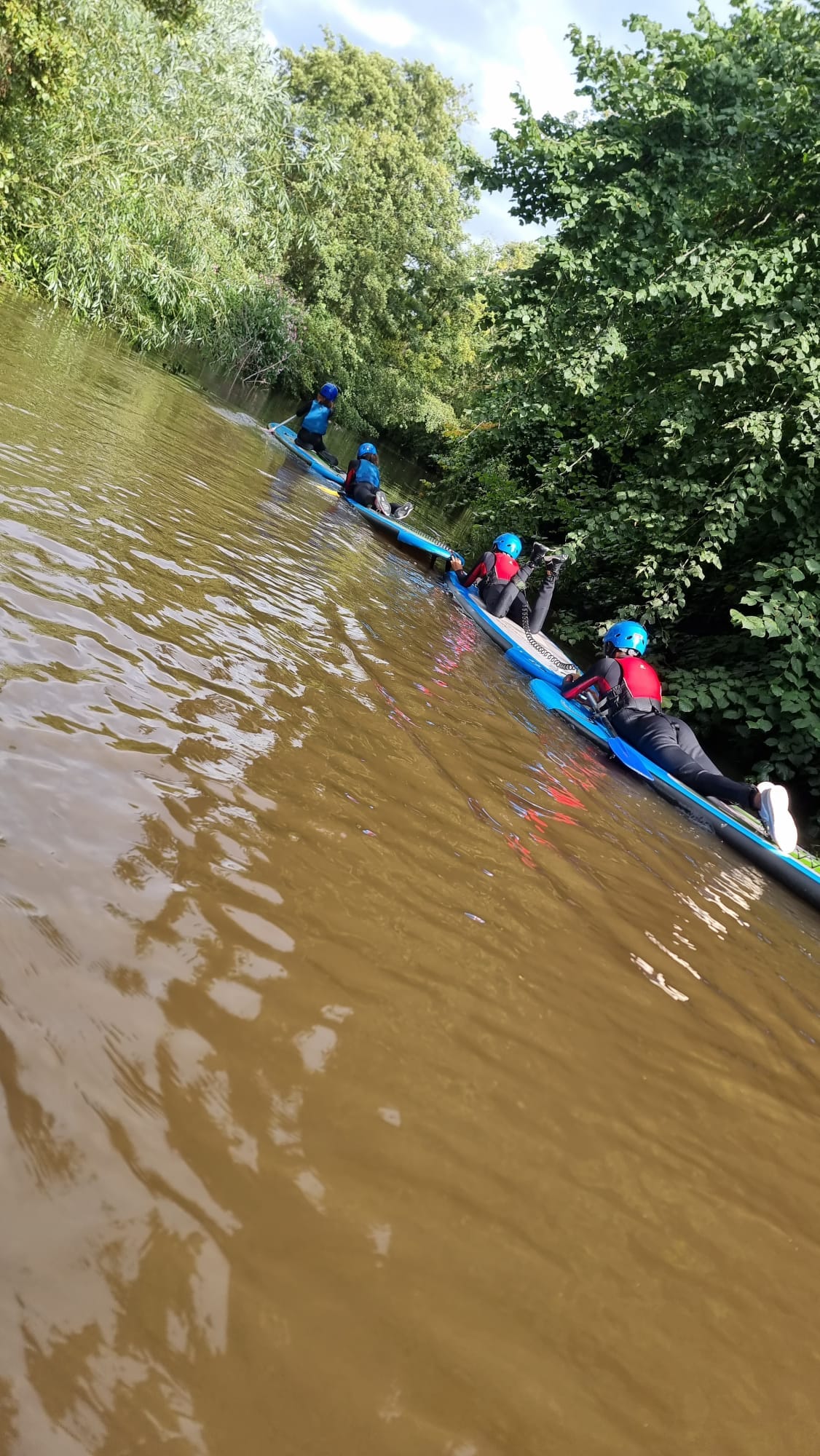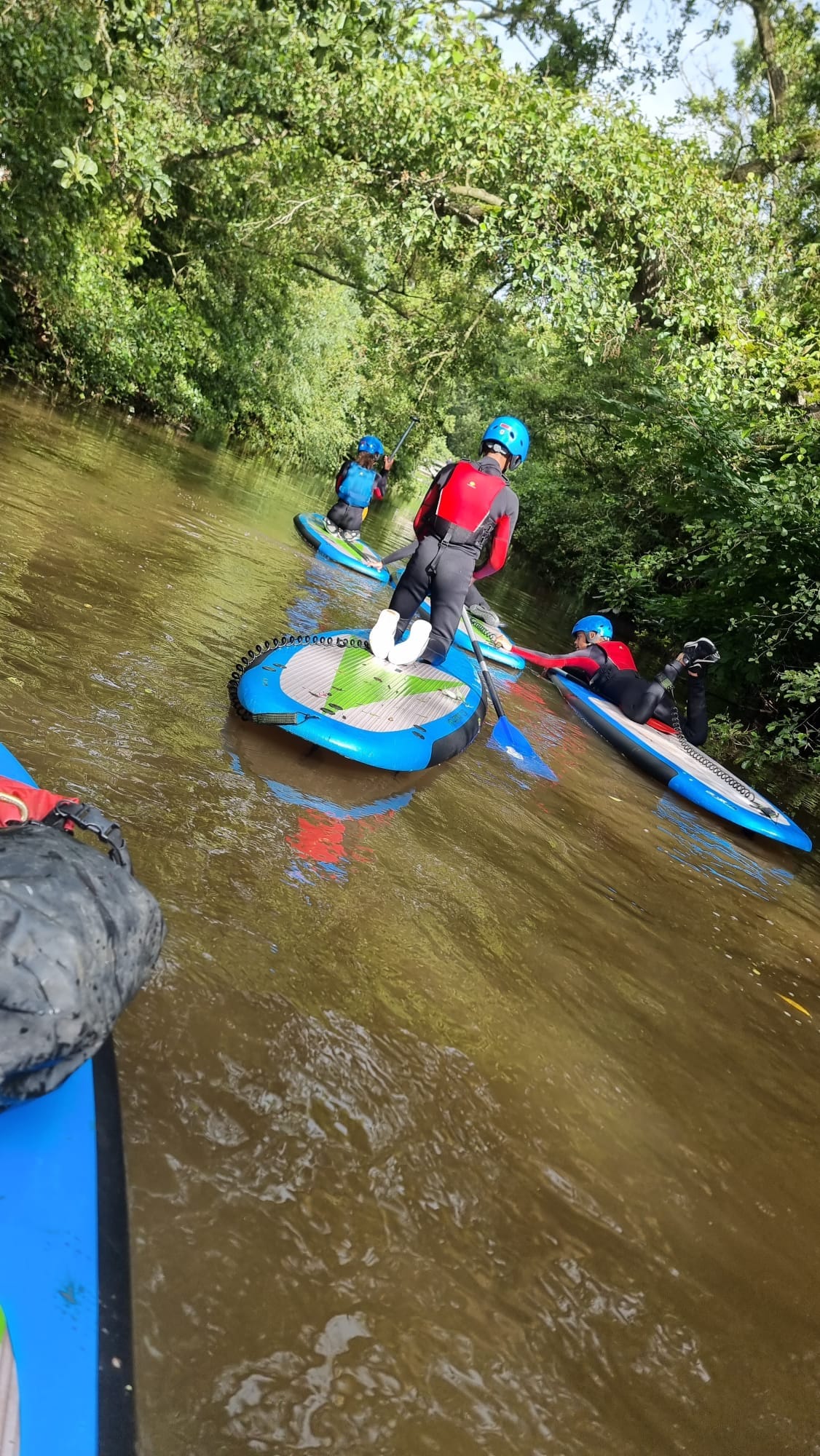“It takes courage to grow up and become who you really are.” – E. E. Cummings

Seeing my boys reach adolescence has brought me a whole new appreciation and understanding. Their generation is experiencing a completely different world from when I was their age, and I feel compelled to support, protect, encourage and enable them wherever I can.
Parenting is the hardest but most important and most rewarding role. Any parent will tell you that.
But seeing them step into adolescence has brought a fresh set of lessons to learn – for them and for me.
Understanding that their needs change, their brains change, and there is a huge adaptation for both parents and teens.
“The most important part of the human brain–the place where actions are weighed, situations judged, and decisions made–is right behind the forehead, in the frontal lobes. This is the last part of the brain to develop, and that is why you need to be your teens’ frontal lobes until their brains are fully wired and hooked up and ready to go on their own.”
-Dr. Frances Jensen

I believe wholeheartedly that sport is the best outlet for children as they develop into young adults. The life lessons from sport are abundant and by supporting their sporting ambitions and interests, we are indirectly arming them with skills that will help them to navigate the rollercoaster journey to adulthood.
There’s a stigma with teenagers that they are difficult to manage, and it’s one that I’m keen to dispel. They are our future, and finding the language to bridge our understanding of one another is vital.
Adolescents need coping mechanisms for stepping into this time of drastic physical, psychological and social change. Parents require the same strategies.
In today’s world, we can turn to a wide variety of sources for support and education on the topic: books, podcasts, forums etc.
From my own experience (and I’m not out the other side yet, so perhaps I will write again when I am!) I feel it’s fundamental that they are involved in sports.
Sports provide:
– Physical exercise – great for mental wellbeing, the switch-off from stresses and improved mood.
– A community – feeling a sense of community is proven to be one of the greatest sources of contentment in our lives at all ages
– Friendships – like-minded friendships are essential for teenagers going through a lot of changes
– Focus – keeping them focused on their interests helps them to maintain a sense of their identity

Ultimately, we are training them to step into the big, wide world without us one day. We can’t wrap them in cotton wool, and we can’t “tell them what to do,” but we can help them build their toolkit of life skills and gently set them out on their way.
I’m certainly no expert on the topic, but supporting our teens is something I feel incredibly passionate about.
Thanks for reading,
Sara